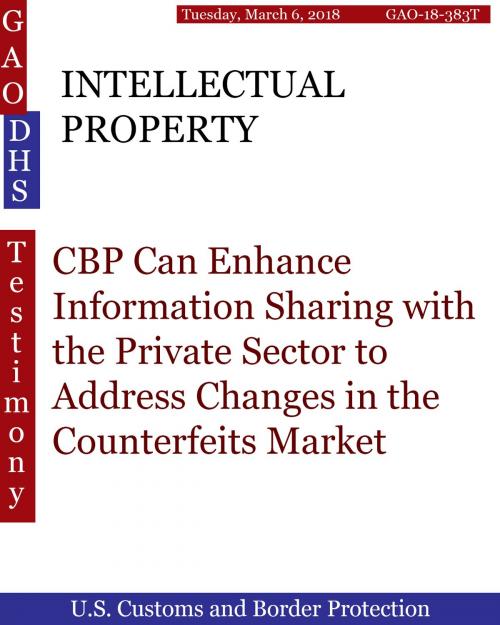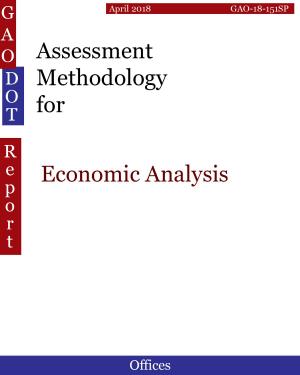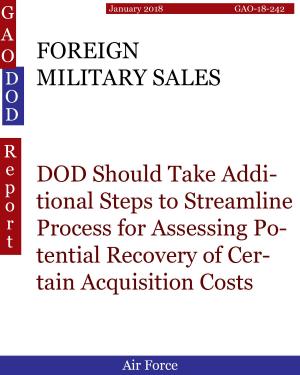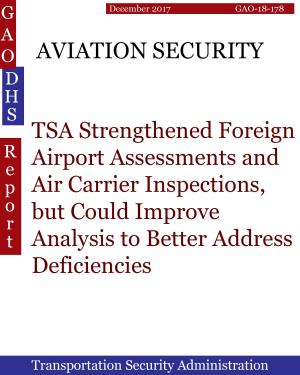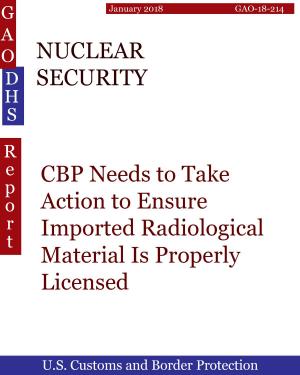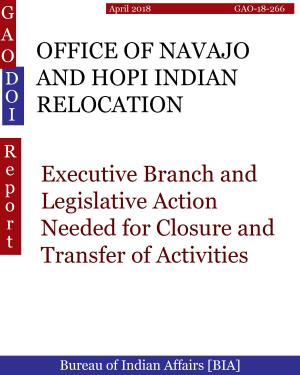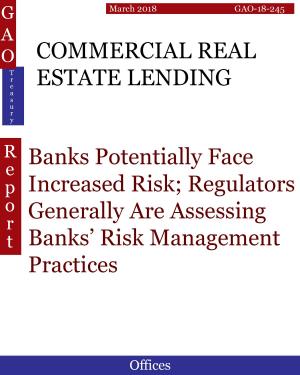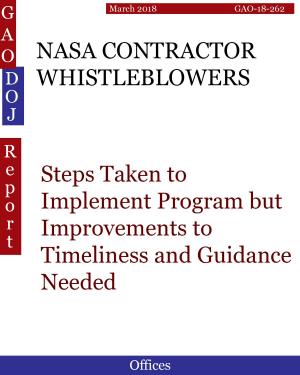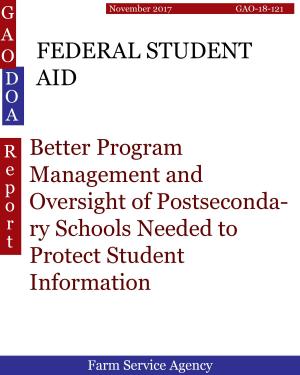INTELLECTUAL PROPERTY
CBP Can Enhance Information Sharing with the Private Sector to Address Changes in the Counterfeits Market
Business & Finance, Accounting, Governmental| Author: | Hugues Dumont | ISBN: | 1230002227764 |
| Publisher: | Hugues DUMONT | Publication: | March 21, 2018 |
| Imprint: | Language: | English |
| Author: | Hugues Dumont |
| ISBN: | 1230002227764 |
| Publisher: | Hugues DUMONT |
| Publication: | March 21, 2018 |
| Imprint: | |
| Language: | English |
I am pleased to be here to discuss the results of our review of U.S. agencies’ efforts to address changes in the market for counterfeit goods and their work with the private sector. Intellectual property is an important component of the U.S. economy, and the United States is an acknowledged global leader in its creation. Infringement of intellectual property rights (IPR) through the illegal importation and distribution of counterfeit goods harms the U.S. economy by stifling innovation, slowing economic growth, weakening the competitiveness of U.S. employers, and threatening American jobs. IPR infringement can also threaten the health and safety of American consumers. The Department of Homeland Security’s U.S. Customs and Border Protection (CBP) and U.S. Immigration and Customs Enforcement (ICE)—two of the many agencies involved in IPR enforcement—are responsible for IPR enforcement at U.S. borders. CBP leads enforcement activity at the border by detecting and seizing counterfeit goods that enter the United States through its more than 300 ports of entry and by assessing penalties against IPR infringers. CBP coordinates its efforts with ICE, which investigates IPR violations for federal prosecution.
I am pleased to be here to discuss the results of our review of U.S. agencies’ efforts to address changes in the market for counterfeit goods and their work with the private sector. Intellectual property is an important component of the U.S. economy, and the United States is an acknowledged global leader in its creation. Infringement of intellectual property rights (IPR) through the illegal importation and distribution of counterfeit goods harms the U.S. economy by stifling innovation, slowing economic growth, weakening the competitiveness of U.S. employers, and threatening American jobs. IPR infringement can also threaten the health and safety of American consumers. The Department of Homeland Security’s U.S. Customs and Border Protection (CBP) and U.S. Immigration and Customs Enforcement (ICE)—two of the many agencies involved in IPR enforcement—are responsible for IPR enforcement at U.S. borders. CBP leads enforcement activity at the border by detecting and seizing counterfeit goods that enter the United States through its more than 300 ports of entry and by assessing penalties against IPR infringers. CBP coordinates its efforts with ICE, which investigates IPR violations for federal prosecution.
